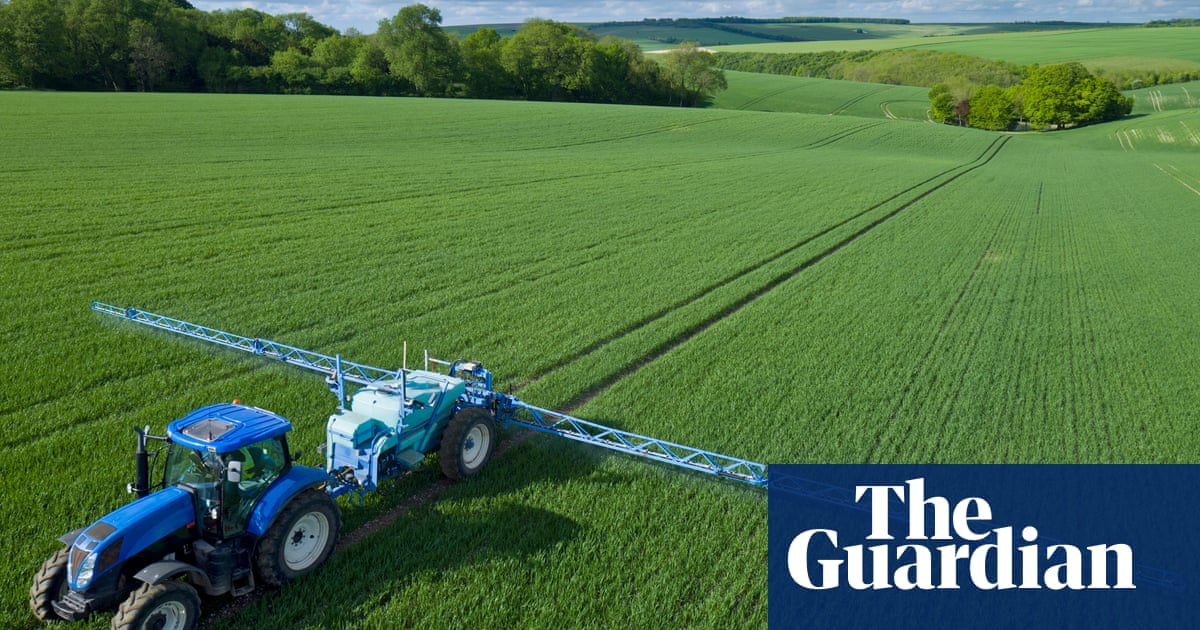Changes to regulations in Great Britain mean more than 100 items are now allowed to carry more pesticides when sold to the public, ranging from potatoes to onions, grapes to avocados, and coffee to rice.
For tea, the maximum residue level (MRL) was increased by 4,000 times for both the insecticide chlorantraniliprole and the fungicide boscalid. For the controversial weedkiller glyphosate, classed as a “probable human carcinogen” by the World Health Organization (WHO), the MRL for beans was raised by 7.5 times.
The purpose of the pesticide MRL regime is to protect public health, wildlife and the natural environment. Campaigners said the list of pesticides included reproductive toxins and carcinogens and that the weaker MRLs reduced protections for consumers in Great Britain. Northern Ireland has retained the EU MRLs.



The point was that this was a change that required an explicit act by parliament to happen, i.e. they made a concious choice to increase the limits. The laws did not automatically revert/change when brexit was decided.
So the timeline is: UK as part of EU adopts the regulation into national law. UK leaves EU, national law is unchanged by this (so regulation persists). UK makes a new national law changing the amount of pesticide residue allowed to be higher.
Am on mobile please excuse typos